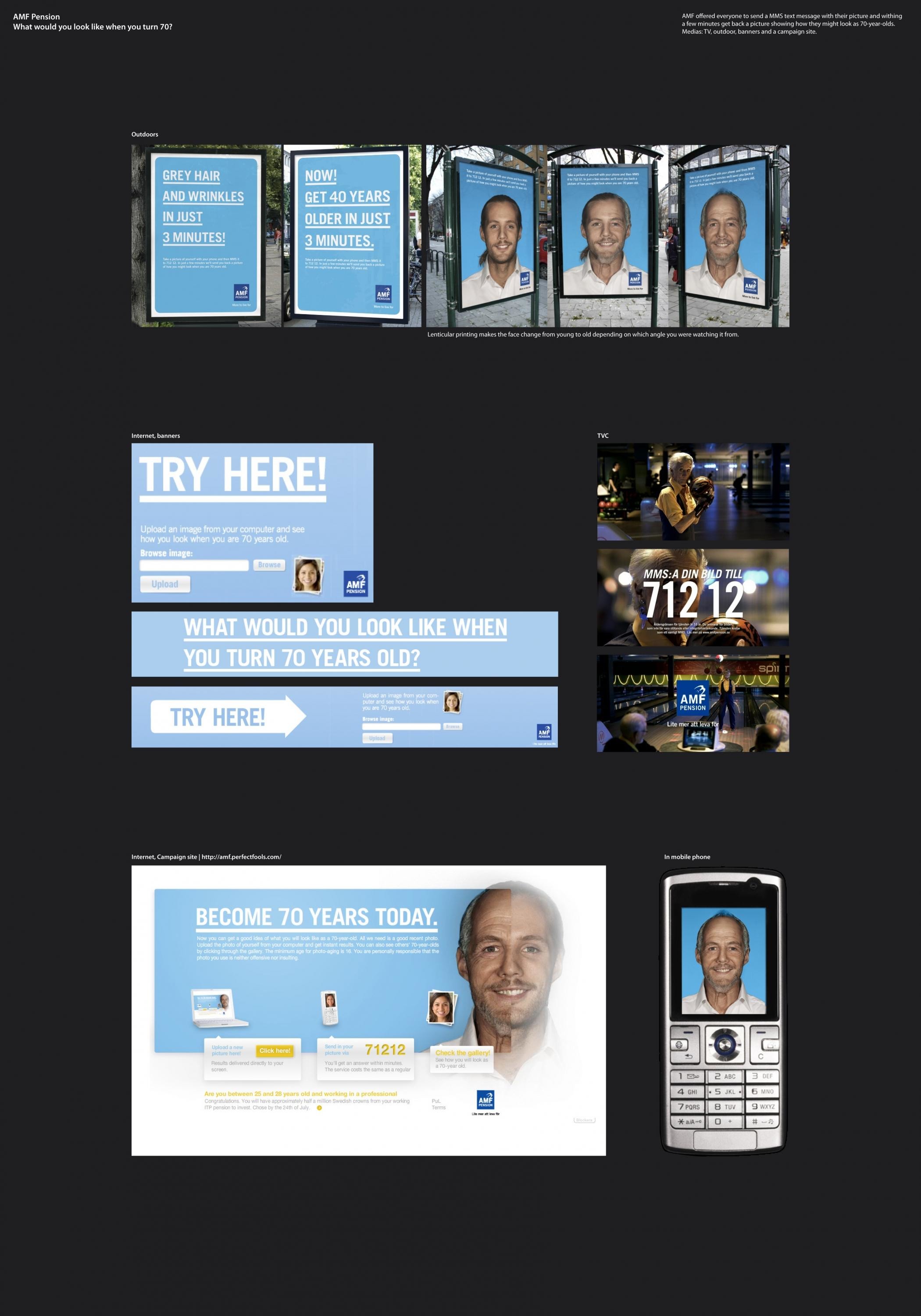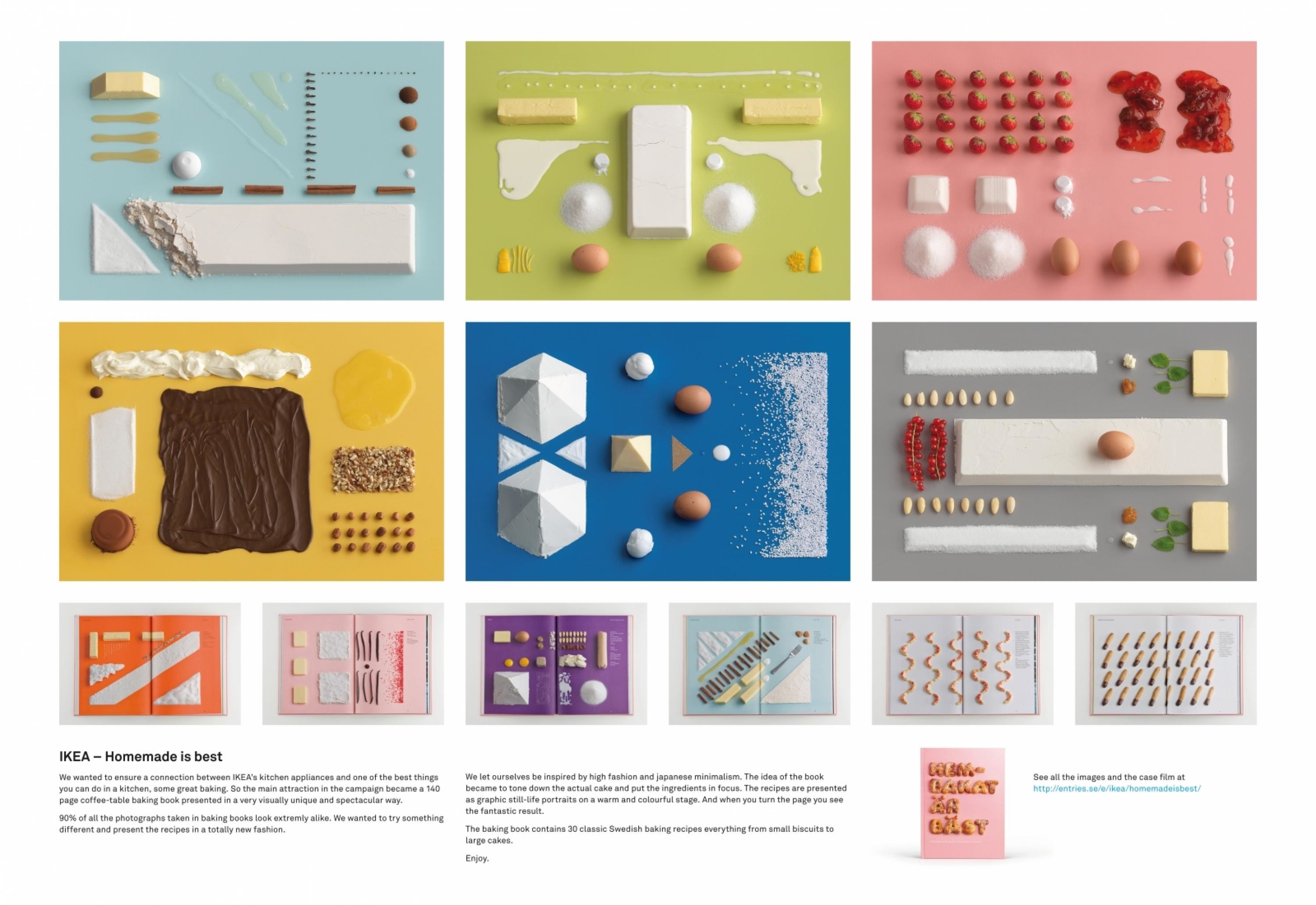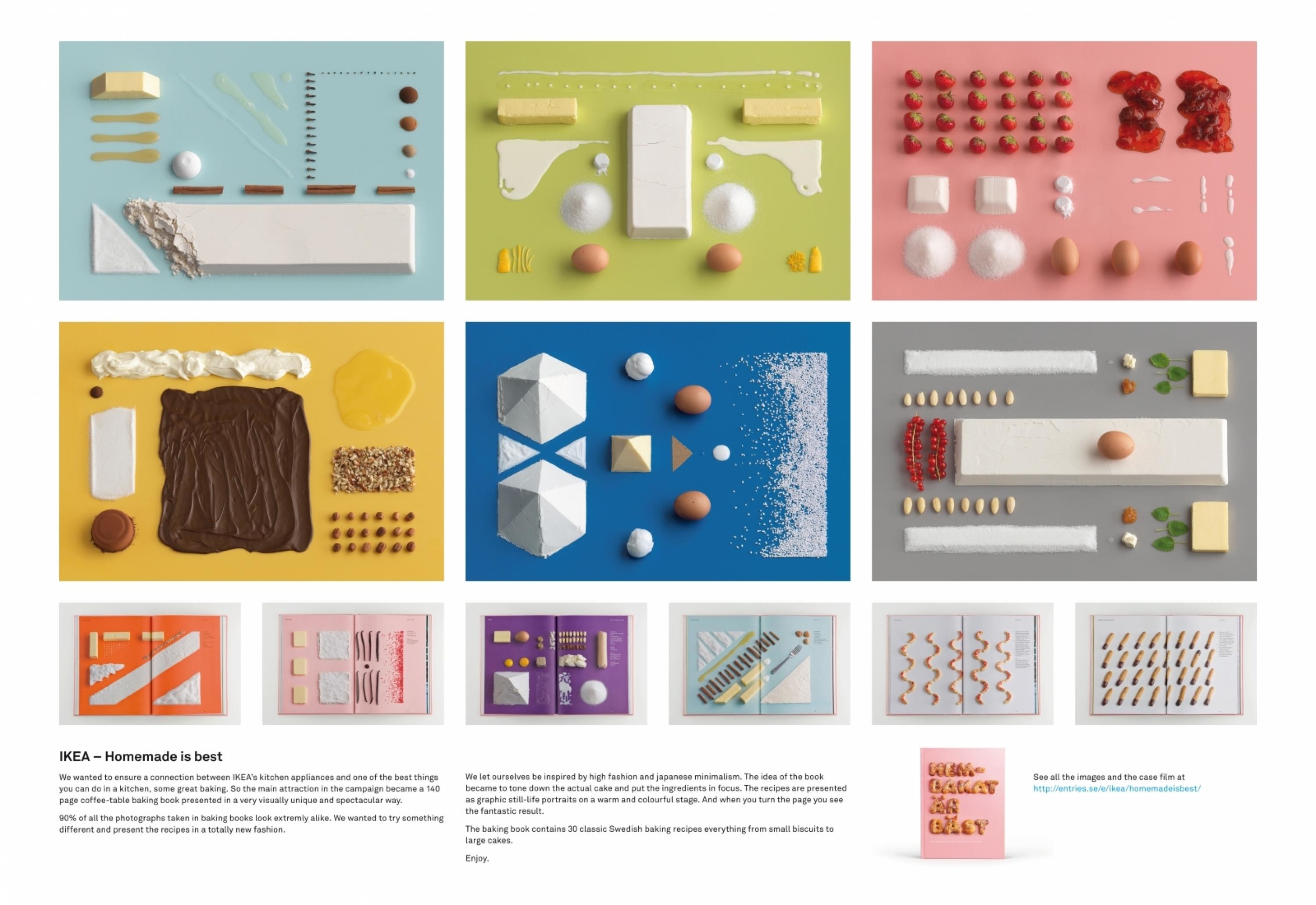Creative Strategy > Sectors
THE E.V.A. INITIATIVE
FORSMAN & BODENFORS, Gothenburg / VOLVO / 2019
Awards:
Overview
Credits
Overview
The Interpretation of the Challenge
The business challenge was to transform automotive safety from something traditional and expected into a meaningful and relevant movement in line with our purpose and brand strategy. In specific, the challenge was to celebrate the 60th anniversary of Volvo’s safety belt and communicate Volvo’s 2020 Vision.
We found that 80% of all car purchases were influenced by women, and that 63% of female buyers claim to do all research and purchasing on their own; their top priority being safety. Yet 3 in 4 women feel misunderstood by the industry.
After further research, we found an equality issue in the auto industry. Women are 47% more likely to be seriously injured, 71% more likely to be moderately injured and 17% more likely to die in a car crash. The reason? Most crash test dummies are based on the average male.
Therefore, we saw an opportunity to challenge Volvo’s original brief. The objective was not only to address the issue, but to close the gender crash gap. In order to get people’s attention, we needed to make the data more human and show how the inequality affects women in a personal and direct way.
The Insight / Breakthrough Thinking
To learn more about the problem, we conducted stakeholder interviews and consumer surveys, studied Volvo’s proprietary and third-party safety research, conducted SEO analysis and more than 100 hours of desk research including press from 1960 and onwards.
We learned that most crash tests are based on men. Even when a female dummy is being used, it is often simply a scaled-down male dummy. But differences in anatomy between men and women are crucial when it comes to car safety, so when automakers ignore them — the results can be deadly.
To move forward, we looked back. And found an incredible insight rooted in Volvo’s history. Their Accident Research Team has gathered real-world data since the 1970s from more than 43.000 crashes to learn what happens during a collision — regardless of size or gender. This has allowed Volvo to design cars that are safer for everyone. Volvo also supported the development of the world’s first female crash test dummy.
Yet, data can be boring. So we gave the facts a face and created EVA who became the embodiment of Volvo’s safety research. As the human aspect of the campaign, she inspired everything from creative strategy to visual execution.
The Creative Idea
Volvo’s philosophy has always been to put safety of people before business. 60 years ago, they gave away their three-point safety belt patent. So, we thought: what if we could get Volvo to make cars safer for everyone, once again?
And that’s exactly what we did. To make all cars safer for women, we collected all of Volvo’s safety research and made it available to everyone. By creating a digital library with data from more than 43,000 collisions and 72,000 people, the research became open and free to any company to learn from.
For the first time ever, anyone could download more than 40 years of research and learn how it has led to some of Volvo’s most innovative systems. We then gave the numbers a face and showed how the injustice personally affects women in a global campaign with film, print, social, outdoor, and PR.
The Outcome / Results
The campaign quickly became news and sparked a global conversation about equal road safety. So far, the film has garnered over 85 millon views and has reached over 70 countries. It has appeared in over 450 articles and has been featured on newscasts and blogs all around the globe. With over 280 million social media impressions, we got the world talking about an issue many people were unaware of.
It also created a debate within the auto industry as other carmakers embraced the initiative, such as electric vehicle startup Uniti. But most importantly, more than 11,000 people have downloaded the data, which gives hope that EVA will improve the safety of women in all cars.
• Countries reached: +71
• Downloads from knowledge library: +11.000
• Film views: +85 million
• +450 news outlets
• Earned media reach: +317 million
• Social media reach: +90 million
• Engagement: +3 million
• Social media impressions: +280 million
Cultural/Context Information for the Jury
Most cars are designed for the average-sized man, and mainly tested on male crash test dummies. As a result, women are less safe and more likely to get injured in a car crash. In fact, they are 71% more likely to be injured and 17% more likely to die.
But not when it comes to Volvo. They have gathered real-world data since the 1970s to learn what happens during a collision — regardless of size or gender. This has made Volvo cars equally safe for all people.
With the E.V.A. Initiative, we wanted to highlight this issue and offer all competitors to download Volvo’s data. The objective was not only to address the issue, but to close the gender crash gap. To make the data more human, we gave the facts a face and showed how it affects women in a personal and direct way.
More Entries from Automotive in Creative Strategy
24 items
More Entries from FORSMAN & BODENFORS
24 items

































